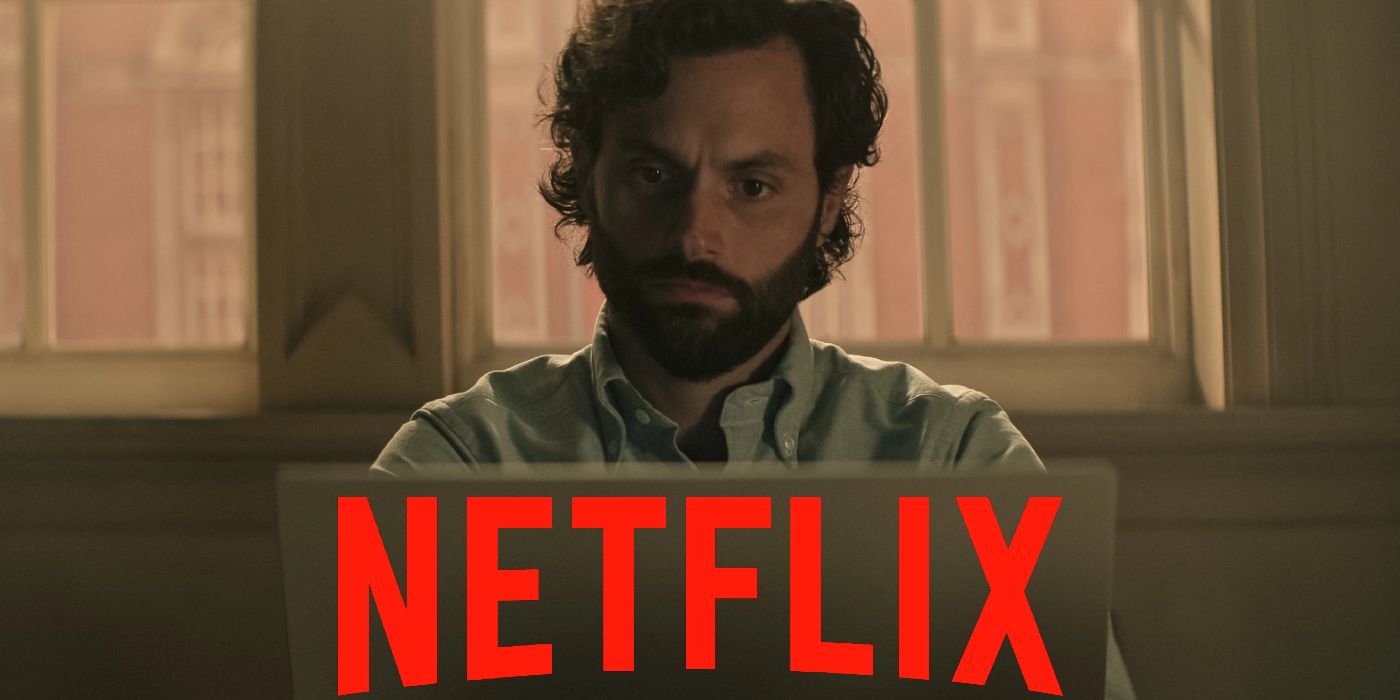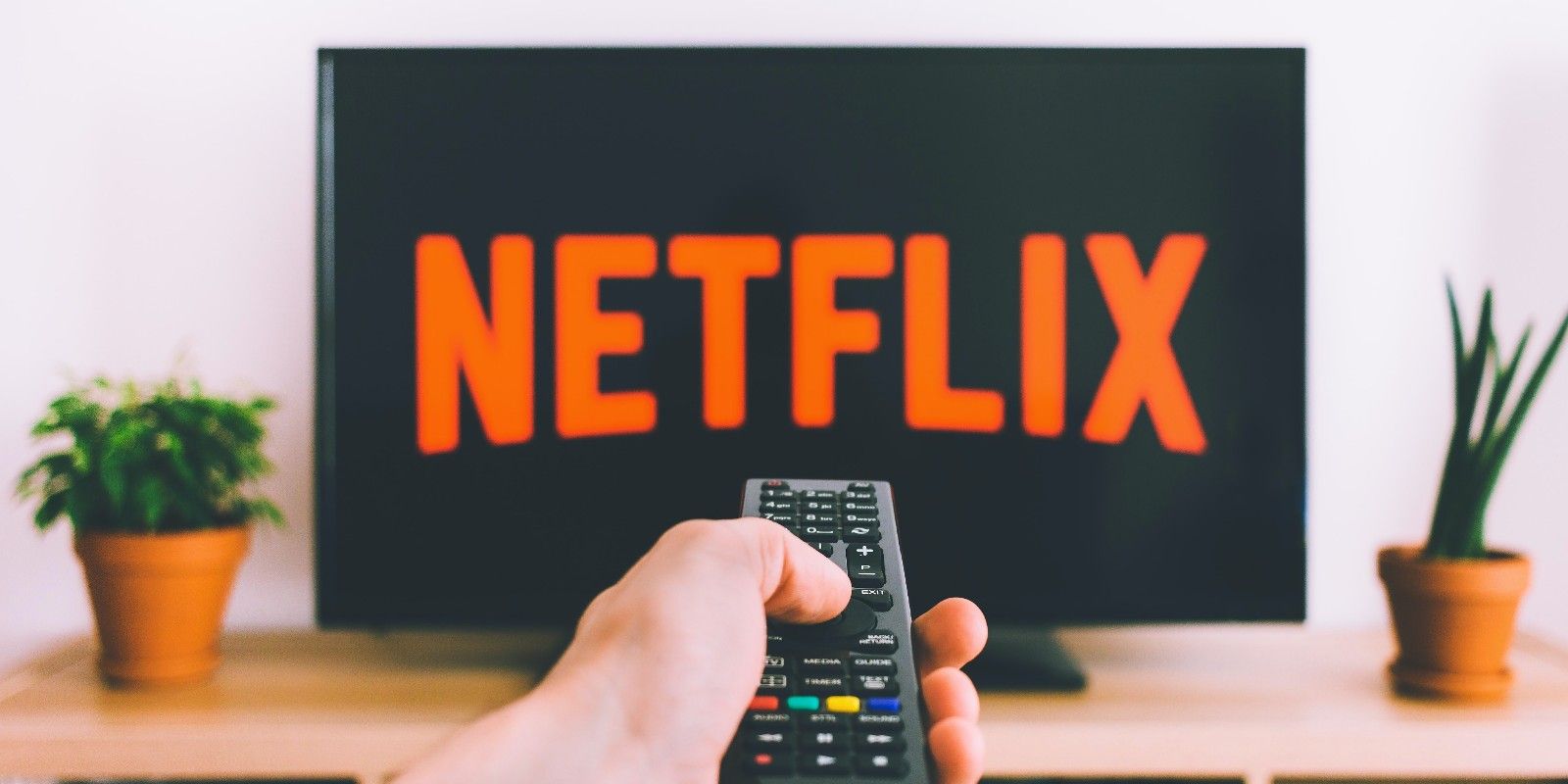Netflix's password-sharing crackdown has largely worked in their favor. Until recently, the platform allowed users from different households to create profiles on other people's accounts. However, in May they implemented a system that limited the devices connected to a certain account to a single household, preventing password sharing across multiple physical locations with WiFi and IP address tracking.
Per Variety, so far the decision has been a boon for the streaming service. Netflix just turned out the four largest sign-up days since those numbers were first publicly tracked in January 2019. During this period (from May 25 through 28), their average daily sign-ups rocketed up to 73,000, more than double any single day over the prior two months.
The Netflix Password Sharing Controversy Explained
From a financial perspective, it makes sense why Netflix would crack down on password sharing. In Q2 of 2022, the first Netflix subscriber drop in many years saw the company lose 1 million users. This left the company scrambling to continue competing with other streaming services, in the meantime refocusing their production budget away from expensive features like Red Notice and Bright.
There are still some Netflix password sharing options in the wake of this decision. For instance, new users outside the household can be added for $7.99 a month in limited numbers depending on the original profile's pay tier. However, the crackdown has naturally been controversial. Previous reports from Netflix have shown that over 100 million households were using password sharing, which means this new rule affects a wide swath of people across the globe.
The elimination of a service that has been central to the Netflix brand for many years might have been beneficial in the short-term, but it remains to be seen how it affects their bottom line over time. Putting the impetus on out-of-household users to pay their own way likely already resulted in many deciding that the platform's content wasn't appealing enough on its own for them to sign up as a new household. This new rule also decreases Netflix's appeal as a competitor to other streaming services that still offer password sharing, which may ultimately be harmful in the long term.
Source: Variety


